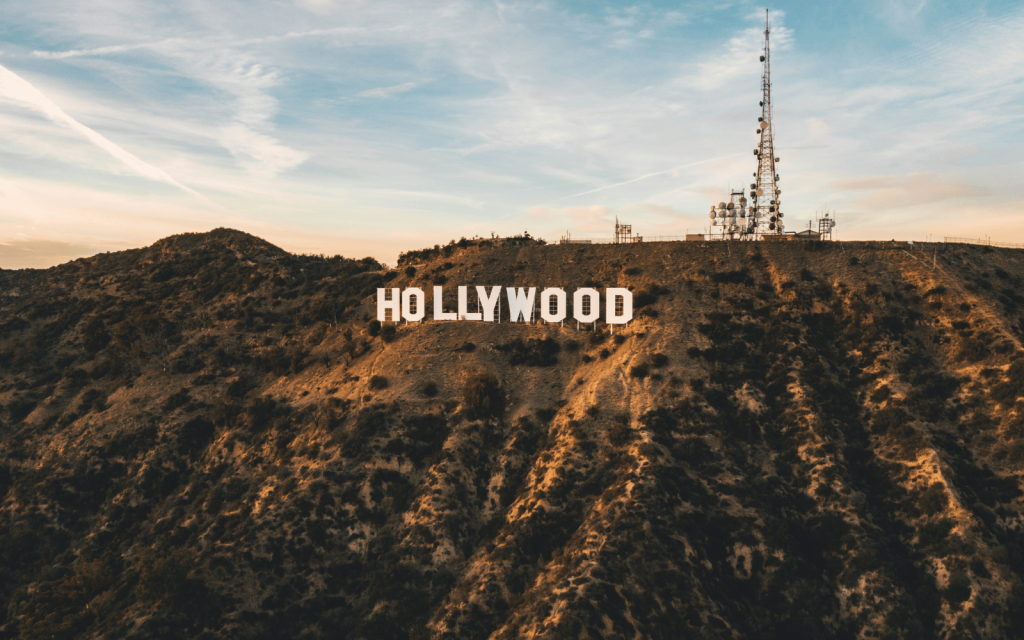The Hollywood writers’ strike may be over, but the underlying problems haven’t been resolved. After five months, the Writers Guild of America (WGA) has struck a deal with the major studios, the Alliance of Motion Picture and Television Producers (AMPTP).
But the fundamental issues aren’t going to go away as quickly – the 148 days of striking may not seem long, but it is a forewarning of what will come. The immediate knock-on effect of the strike will only be felt in a year or so, when shows destined for broadcast would have aired.
Turning over a new leaf for writers
An estimated $10 billion worth of TV shows and movies – 176 productions in all – have been affected, according to production trackers ProdPro. Having lost so much production time, the industry will be hurting – especially as the actors guild is still striking.
At the heart of the strike are concerns that both writers and actors are not being properly compensated for their work. Streaming services, especially Netflix, have fundamentally changed the broadcast industry. Back in the so-called linear TV era, when shows would air once, and usually during prime time, compensation plans did not reward the creatives when the show was released on streaming services.
The Writers Guild has wrestled an increase of 76% for foreign (non-American) streaming, which would see Netflix increase its pay for a one-hour episode over three years from $18,684 to $32,830. They have also negotiated a bonus for streaming according to how many subscribers and still want a slice of hit shows when they go viral.
“Our negotiators knew the kind of deal they had to deliver — anything less than exceptional was not going to fly with a membership that has become younger, more active, possibly more radical,” Bryce Schramm, who worked on shows “Dynasty” and Disney’s “Runaways” told the New York Times.
One of the most contentious issues was a minimum number of writers, which the studios baulked at as “a hiring quota that is incompatible with the creative nature of our industry”. Instead of six writers, there will be three writers for new shows that are 20 weeks or longer.
The writers, who were seen marching with pickets outside studios, will get an extra $233 million a year, less than the guild’s initial $429 million demand, but higher than the studios’ $86 million initial offer.
“Today is an important day to pay a debt to the actors who came out to support us early during our strike, when they still had a contract,” Schramm added. “It’s also nice to gather with other writers and feel some ownership over our victory.”
SAG-AFTRA still going strong
But that victory comes amid a more contentious change in productions, how artificial intelligence (AI) will be used in future.
The other strike – by the Screen Actors Guild (SAG-AFTRA) which has 160,000 performers as members – hasn’t been resolved. As much as the writers fear that AI might eat their lunch – and replicate their style of writing to produce future episodes or movie sequels – the actors are even more worried about this.
As they should be. What’s to stop a studio that owns the rights to Boring Remake Chapter 7 from repurposing the actors’ appearance and (barely) rewriting the script (yes, Top Gun Maverick, I’m looking at you) from making a Boring Remake Chapter 8? They don’t even have to rely on Tom Cruise staying eternally young while Val Kilmer goes grey.
While Cruise defies the march of time (he clearly hasn’t had a carb in decades), studios that own the rights to old classics like, say, Gone with the Wind, might resurrect likenesses of Vivien Leigh and Clark Gable so that Scarlett O’Hara can finally respond to Rhett Butler’s “frankly, my dear, I don’t give a damn”.
Imagine what she would say…. before AI does.
This column first appeared in the Daily Maverick




